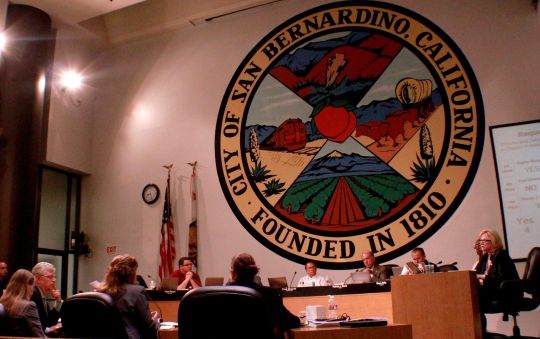by Alex Newman
Along
a highway on a grassy hill, thousands of white crosses — each one representing
an individual victim of brutal farm murders, or plaasmoorde in Afrikaans — are a stark reminder of the reality
facing European-descent farmers in the new South Africa. One of the iron
crosses was planted last year in memory of two-year-old Willemien Potgieter,
who was executed on a farm and left in a pool of her own blood. Her parents
were murdered, too — the father hacked to death with a machete. Before leaving,
the half-dozen killers tied a note to the gate: “We killed them. We’re coming
back.”
The Potgieter family massacre is just one of the tens of thousands of farm attacks to have plagued South Africa since 1994. Like little Willemien’s cross, many of those now-iconic emblems represent innocent children, even babies, who have been savagely murdered, oftentimes after being tortured in ways so gruesome, horrifying, and barbaric, that mere words could never adequately describe it. The death toll is still rising.
The Potgieter family massacre is just one of the tens of thousands of farm attacks to have plagued South Africa since 1994. Like little Willemien’s cross, many of those now-iconic emblems represent innocent children, even babies, who have been savagely murdered, oftentimes after being tortured in ways so gruesome, horrifying, and barbaric, that mere words could never adequately describe it. The death toll is still rising.



















.jpg)